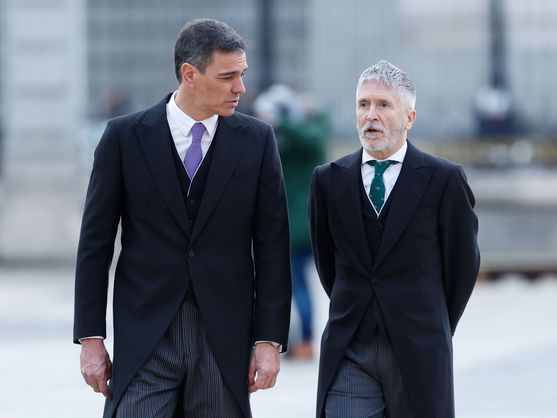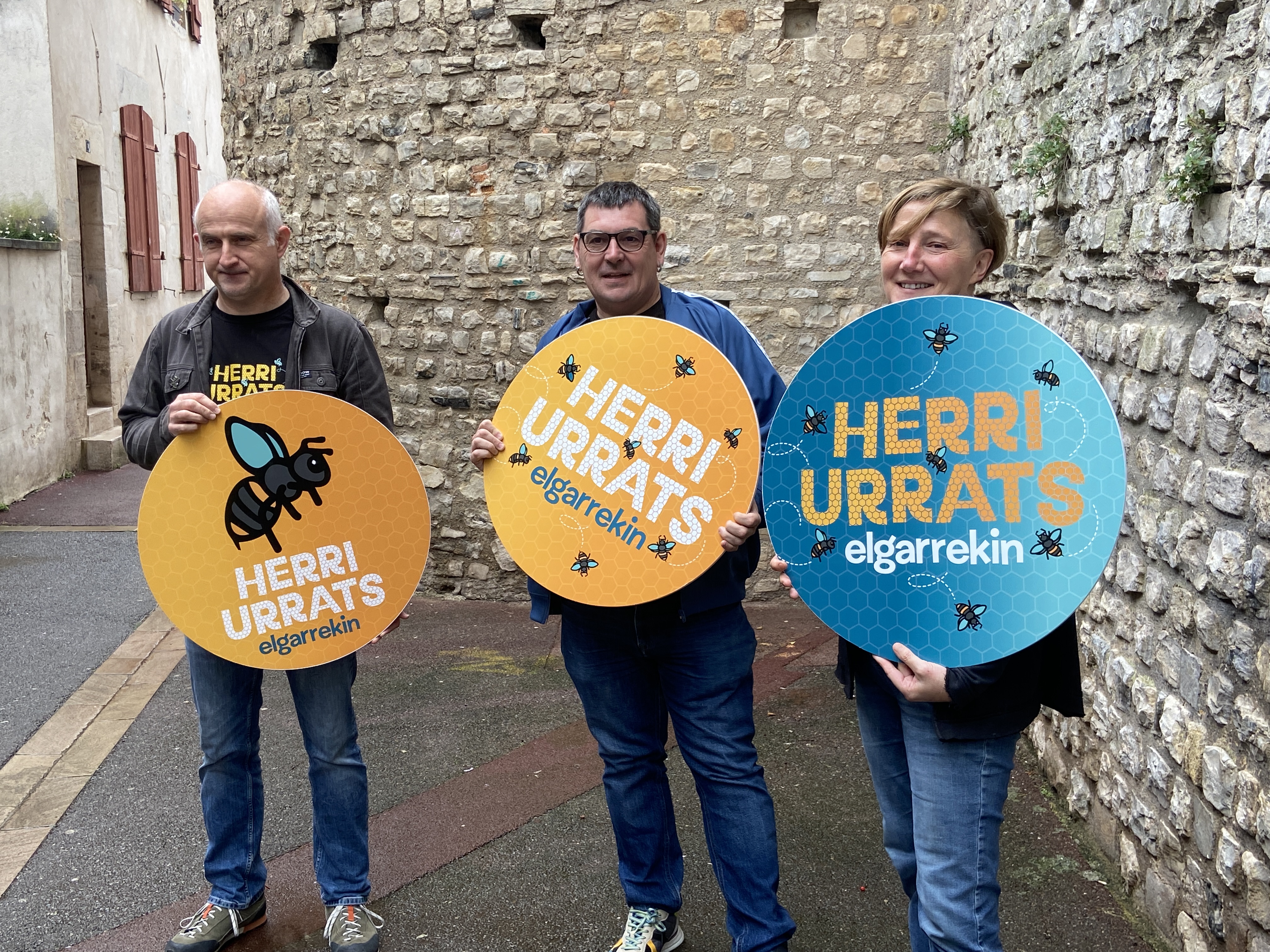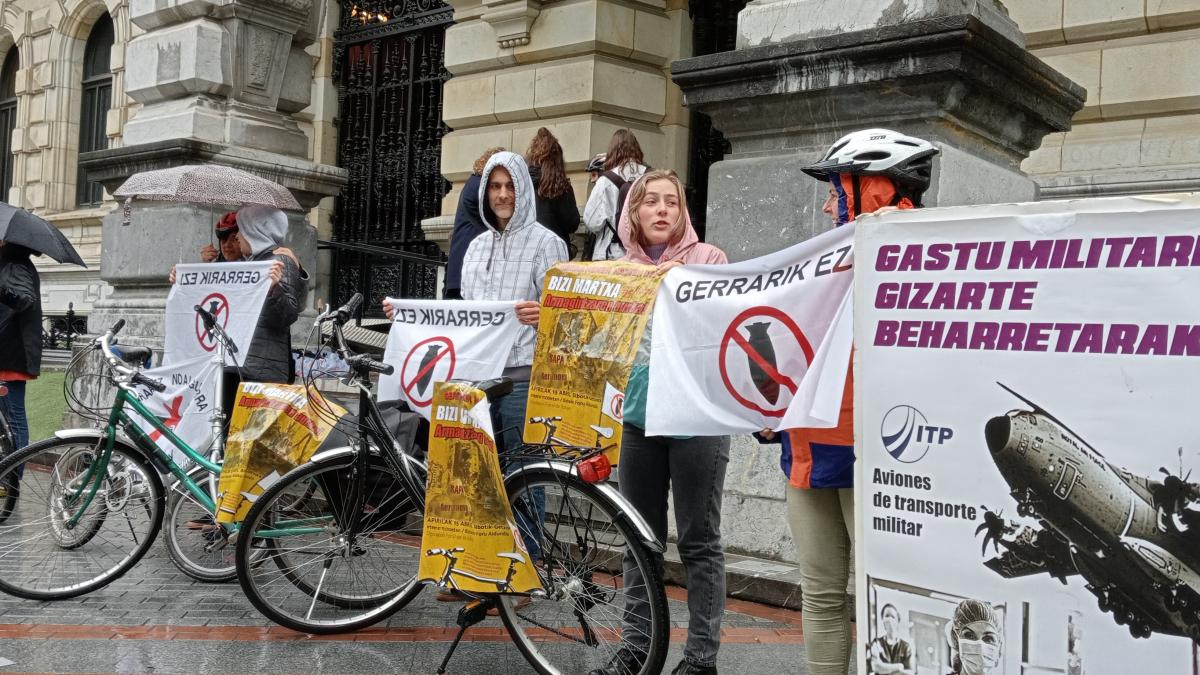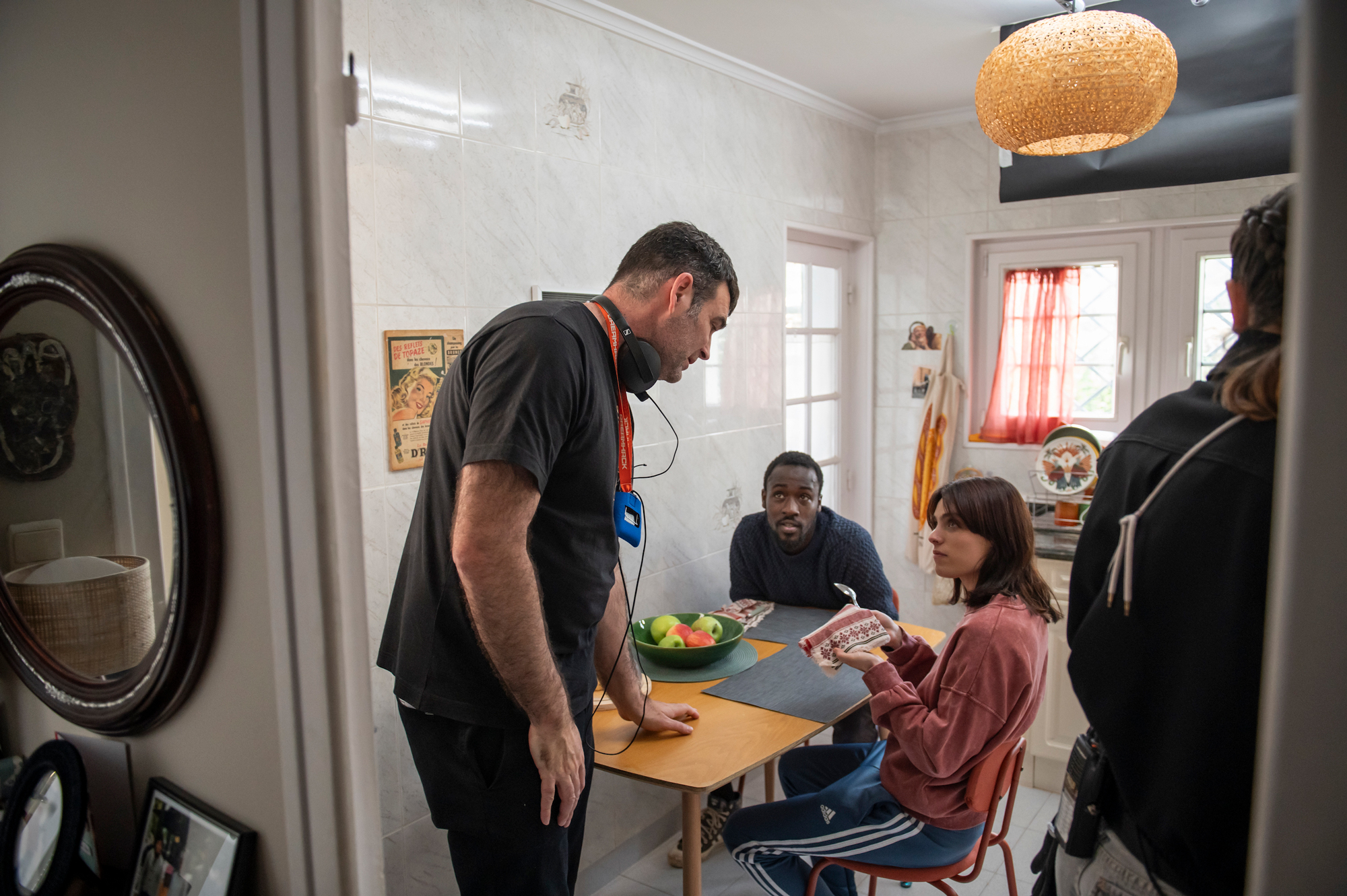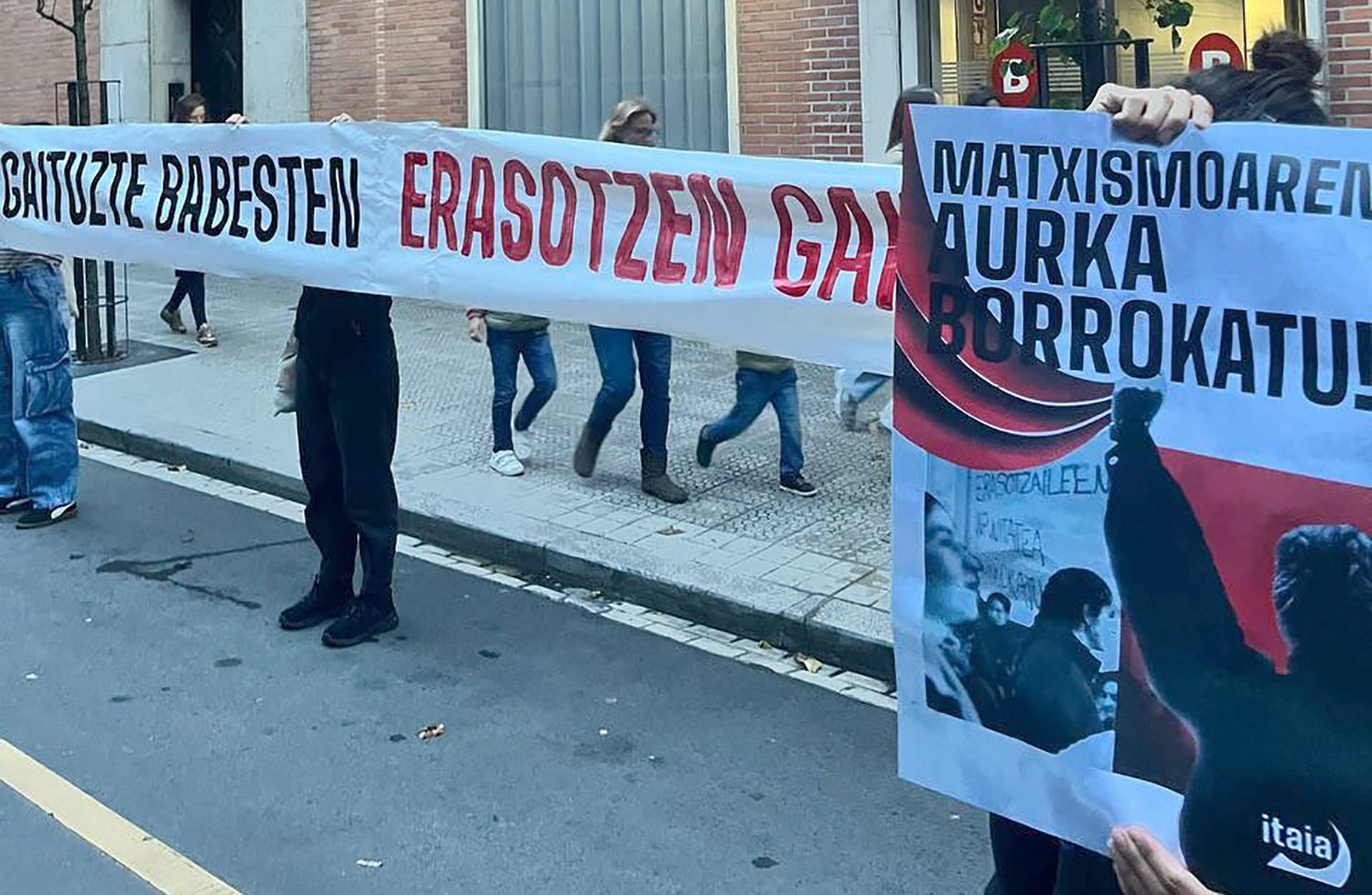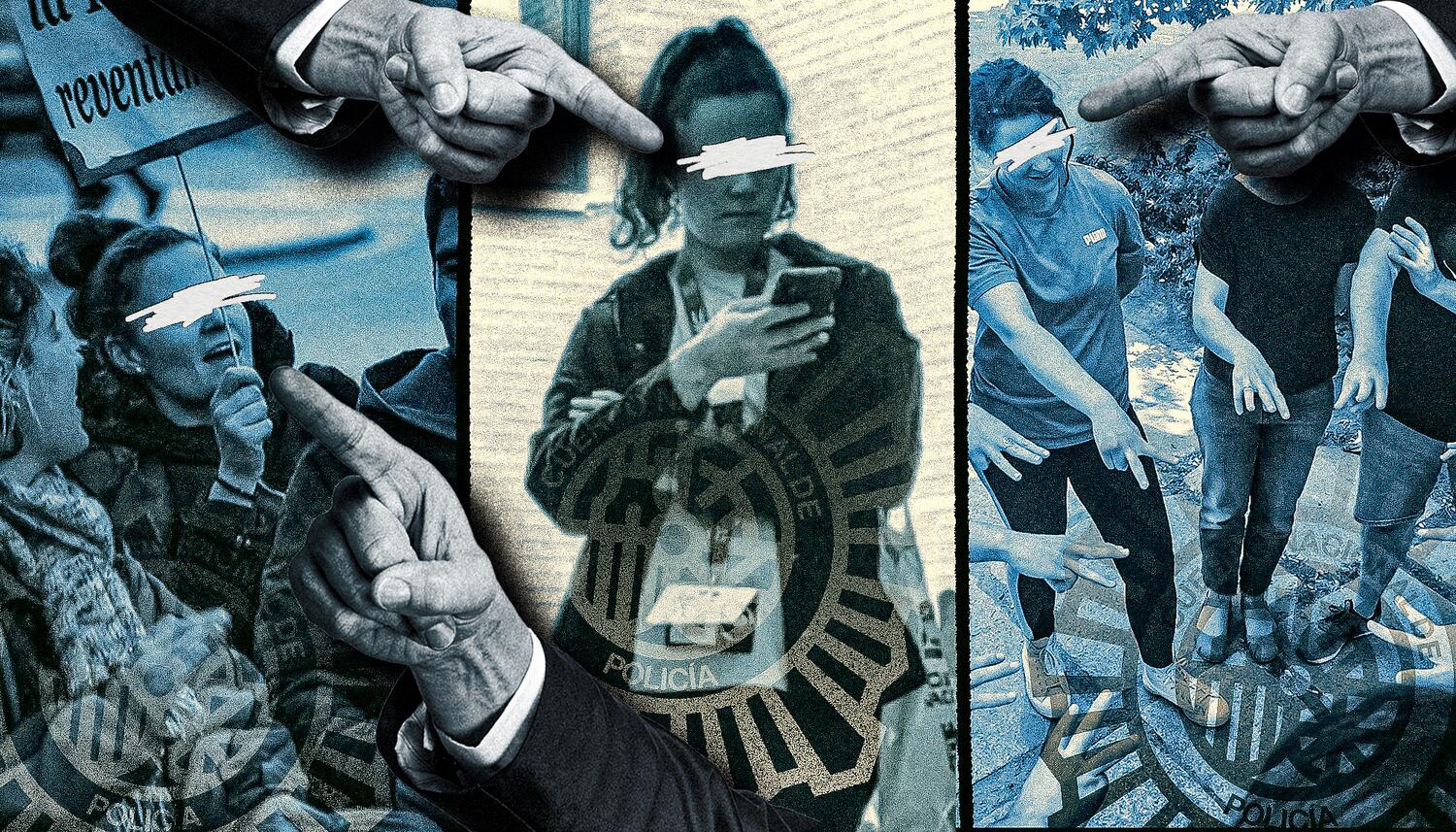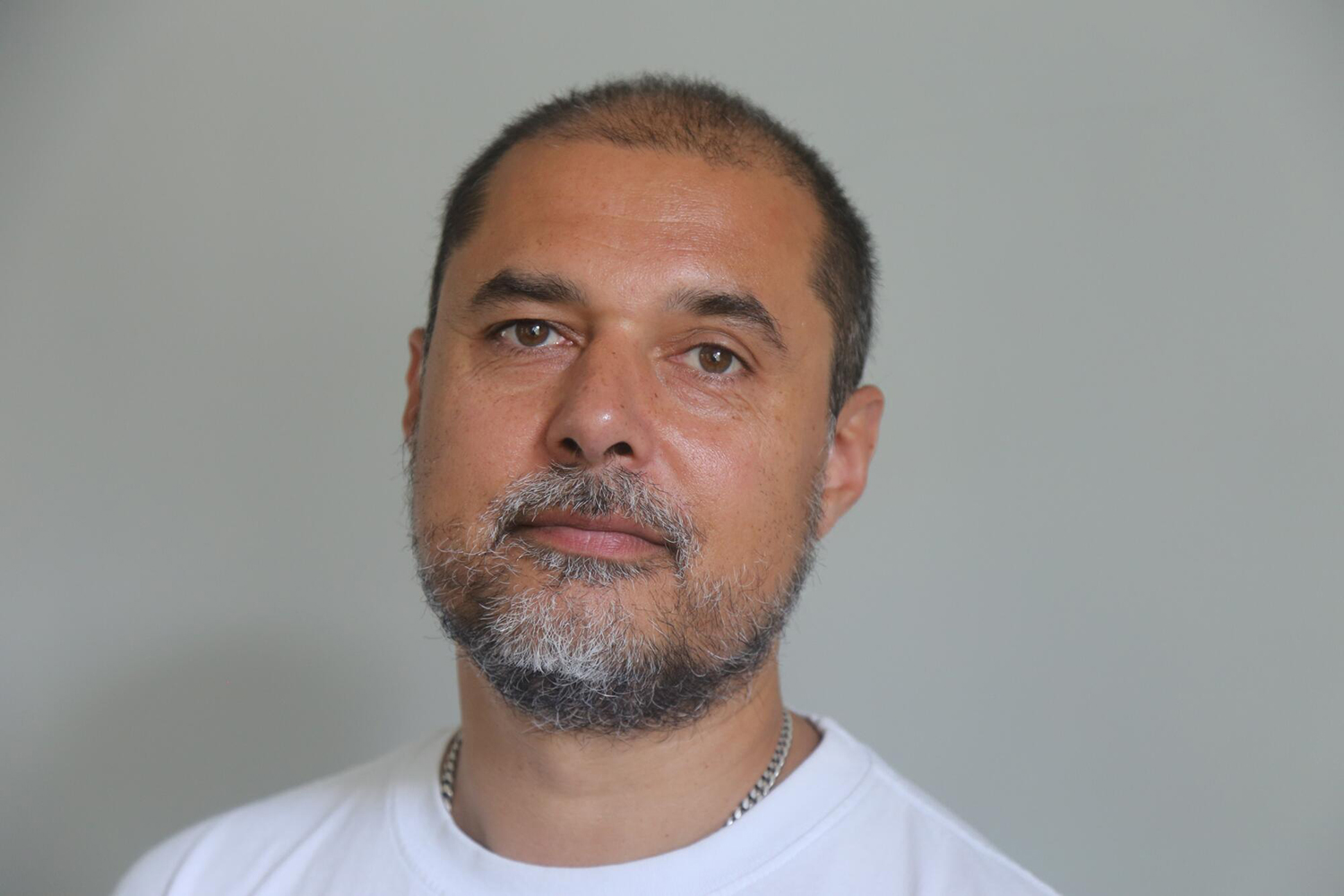Accounts and waste costs
Municipal political institutions have always had a serious problem with garbage. Household rubbish has to be managed by municipalities and a large part of municipal budgets is spent there. I mean, there's a lot of money around the garbage. It is a new commodity since it leaves our homes and receives a price based on its weight and quality.
Almost twenty years ago, Zergarbi and Zabalgarbi were the projects to burn household waste in Gipuzkoa and Bizkaia. Zergarbi was not accepted for its high cost, but in Bizkaia, after the denial of the people of Erandio, eight years ago the incinerator was installed on a tip of a hill in Bilbao. There were many protests, but in the end the way opened for garbage to burn. According to the Biscayan ecologists, with the implementation of an appropriate recycling program, it could be made much cheaper, as it was proven in Tierra Estella. There, 70% of the trash is recycled, but that was not possible in Bizkaia, among the opinions of some political leaders and “business experts”, and the trash had to be burned.
The project for the second incinerator in Bizkaia was suspended last month, as was the case with Zergarbi. There's not enough trash to make a new business. The MEP for the Environment has recognised that 70% of the waste is recycled and that it is produced less because of the crisis. And all of a sudden, the rubbish that is brought from Gipuzkoa to the landfill in Bizkaia is considered the main problem.
The Gipuzkoa incinerator project is paralysed and a new impetus is to be given to the door-to-door model, following the will of the concerned ecologists and citizens. However, businessmen insist that burning zaramas is cheaper.
As with other public policies, in times of crisis and cutbacks, economic cost seems to be the only criterion. And they cheat with numbers. The cheapest thing is always to move less trash and, on the contrary, to do business with trash, better than better.
You don't have to take the trash from one country to another, because then some get a big benefit. The way is to separate trash so that the amount of garbage is smaller and the municipal budgets lower. The involvement of people and the new actions of the public can reduce the costs of garbage. But Sener, FCC and other garbage entrepreneurs and parties that share public money with them are not interested.
Let us do the garbage bills well and, as in Gipuzkoa, in all the municipalities of Euskal Herria, the provision of a door-to-door model will be revealed.











